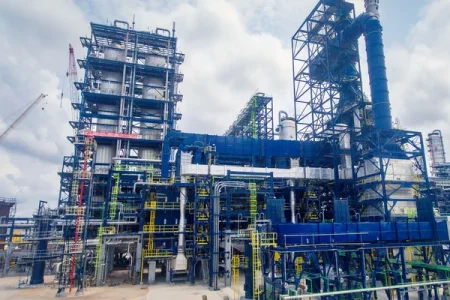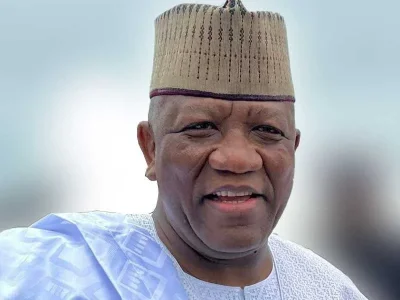
Nigeria's rising fuel prices have raised public concern, with many blaming local producers like Dangote Refinery. However, OPEC emphasizes that taxes imposed by major oil-consuming nations are primarily responsible. OPEC's Secretary-General urges the Nigerian government to address multiple taxation issues affecting fuel costs for consumers.
Nigeria is facing rising fuel prices, leading to widespread public concern and frustration. Many consumers have directed their anger at local oil producers, especially the Dangote Refinery, believing they are responsible for the escalating costs at the pump.
However, the Organisation of Petroleum Exporting Countries (OPEC) has stepped in to address these misconceptions. OPEC's Secretary-General, Haitham Al Ghais, explained that the primary reasons behind the high fuel prices are the numerous taxes imposed by major oil-consuming nations. He stressed that it is misleading to think that increasing oil prices primarily benefit producers while harming consumers. Instead, he highlighted that multiple factors influence fuel prices, including crude oil costs, transportation expenses, and notably, government-imposed taxes.
Al Ghais pointed out that a significant portion of the amount consumers pay is due to these taxes rather than refinery profits or crude oil market values. He urged the Nigerian government to tackle the issue of multiple taxation, which has been identified as a significant factor driving up fuel costs in the country.
Tensions have also arisen between the Dangote Refinery and the Nigerian National Petroleum Company Limited (NNPCL) over pricing disputes. After the commencement of petrol sales from the Dangote Refinery, a disagreement emerged about the alleged purchase price, with the NNPCL claiming it acquired petrol at N898 per litre. The Dangote Refinery quickly dismissed this claim, describing it as an attempt to undermine their operations.
As Nigeria navigates these challenges, attention remains focused on how government policies and market dynamics can be improved to stabilize fuel prices and benefit consumers.




